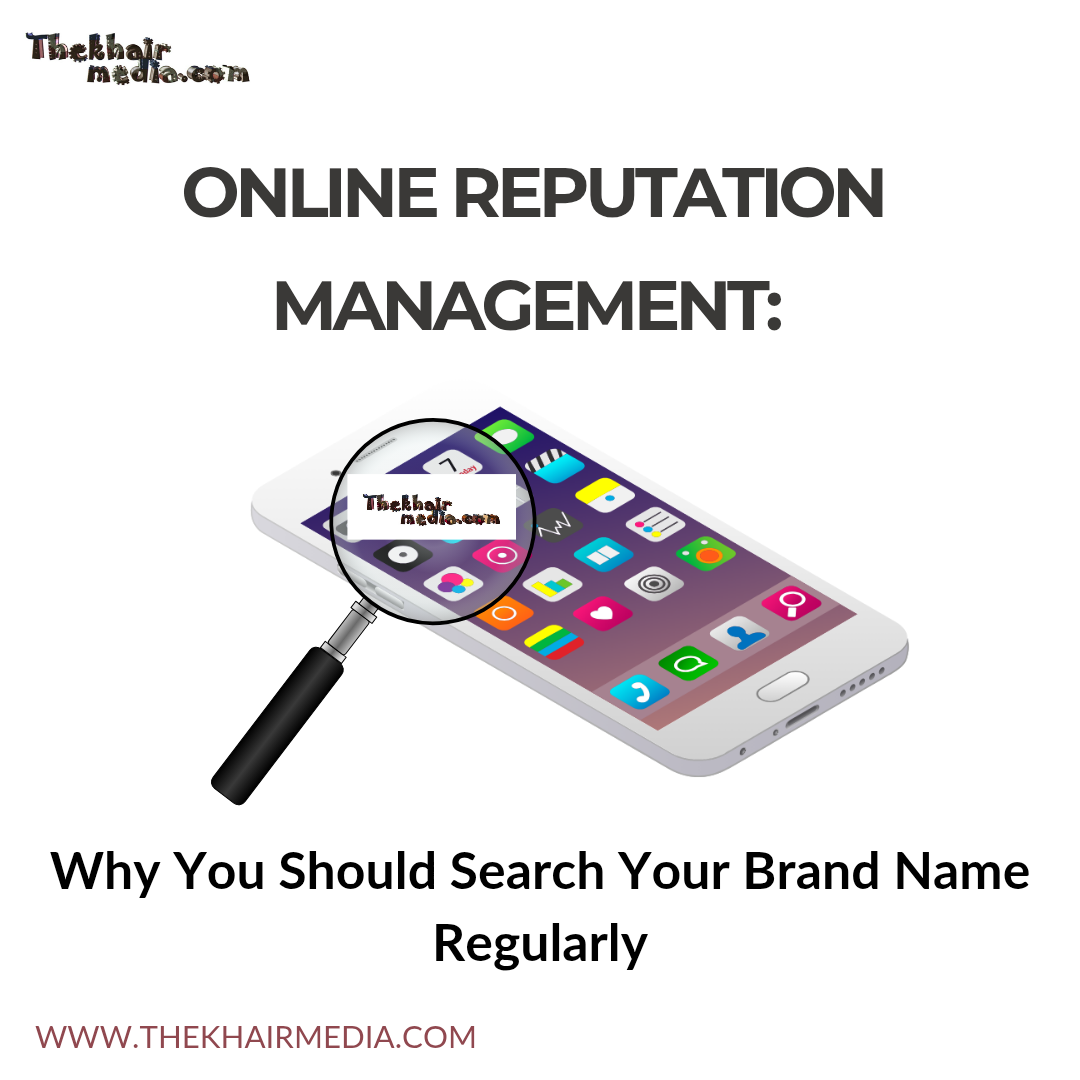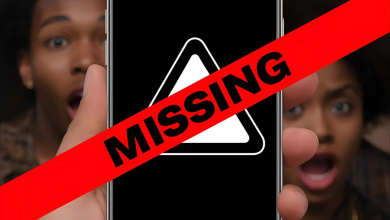Online Reputation Management: Why You Should Search Your Brand Name Regularly

Online reputation management isn’t just for big brands; small businesses need it too. One negative post, even with few likes, can quietly turn customers away. I recently experienced this first-hand while shopping for Ileya.
As the last Ileya was approaching, I had gotten a nude bag and was looking for a nude shoe to match. I searched online, and, thanks to the algorithm, different shoe vendors’ posts started popping up. I finally found one that caught my attention on TikTok. I checked her page, picked her WhatsApp number, and sent a message:
“Hi, please, do you have this shoe in nude?”
She didn’t respond immediately, which was fine. But when she did, her response was just, “Which size?”
Haha! No hello, no greeting? That was the first red flag for me. I engaged her anyway. We talked about delivery and price, but something in me just said, “Check her brand name.”
So I went on X (formerly Twitter) to search for her name. Boom! I found a post complaining that she often delayed delivery, sometimes didn’t deliver for months, and was even suspected of scamming. Ha! Not my Ileya shoe ooo. I checked the comments and saw few people confirming her terrible service.
That was it for me. I later found another vendor on X who delivered a perfect shoe.
Now, the TikTok girl might not know why I ghosted her. She’s probably not even aware there’s a post on X blocking sales for her. The post didn’t do huge numbers, but it was enough to send potential customers away. This is what I call silent online reputation management gone wrong.
Let me ask you: do you search your brand name on social media platforms?
The Power (and Danger) of Word-of-Mouth Online
That post I found didn’t even go viral; maybe if it had, the vendor would have noticed. But here’s the point: even a post with just one like can influence a buying decision.
Algorithms are unpredictable. It’s surprisingly easy for customers to stumble on posts about your brand, and those impressions directly affect trust and credibility. This is why online reputation management is not optional; it’s essential.
Why You Need to Search Your Brand Name Regularly
Early detection of complaints before they spiral: Spotting posts early gives you the chance to respond before they go viral. You can correct misinformation or address genuine issues, showing customers that you’re proactive and responsive. This is the core of effective online reputation management.
Online Reputation Management: Where and How to Search
Social media platforms (X/Twitter, TikTok, Instagram, Facebook, LinkedIn).
Review sites (Google Reviews).
Forums or community groups related to your niche.
Tips:
Use quotation marks for exact brand name searches.
Try hashtags.
Check comments on competitors’ pages.
These are simple but powerful online reputation management tactics that can save your business from silent damage.
What to Do When You Find a Negative Post
Assess if the complaint is genuine or a misunderstanding.
Respond politely and professionally.
Offer a resolution and follow up.
If resolved, you may politely ask if they’d consider taking the post down (optional).
If they don’t, leave your resolution visible for others to see.
Turning Negatives into Positives
Some brands have turned criticism into PR wins by responding with transparency, humour, or exceptional customer service. For example:
Domino’s Pizza once turned harsh customer feedback about their pizza into a full campaign called “Pizza Turnaround,” showing how they improved recipes.
Nike often addresses criticism by leaning into social causes, which strengthens loyalty among their core audience.
The key lesson? Transparency builds trust and that’s one of the most important elements of online reputation management.
Keep It Routine
Create a weekly or monthly “brand search” schedule. Dedicate specific times to check how people are talking about your brand across platforms. If you’re a small business, set reminders or assign the task to a trusted team member. Consistency is the backbone of strong online reputation management.
Final Thought
You can’t fix what you don’t know exists. Make brand reputation monitoring a habit. Even if you don’t find anything today, keep at it, you might tomorrow.
Good online reputation management isn’t just about damage control; it’s about building credibility and trust every single day.
💡 Need help crafting your crisis response? Download my free 5-Step Crisis Management Checklist👉 Download now
📲 Follow me for more PR and brand crisis management tips.
Please read my previous post What to Do When Your Brand Is Being Dragged Online







Nice one
Thank you Lateefah
Idan, iyawo bobo.. well-penned, may you continue to be firmed undeterred. At my leisure time, I wound love to check back. Thanks to you for always keep us posted.
Thank you always sir.